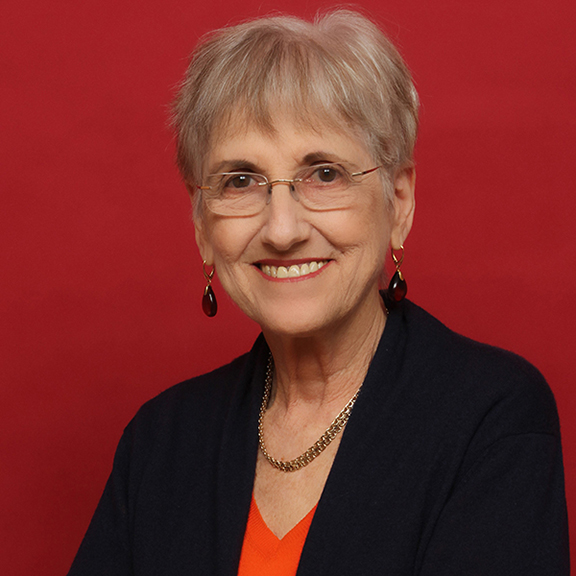Yiddish & Zionism

|
Yiddish Civilization Lecture Series
Admission: Free |
Rachel Rojanski | Delivered in English.
The Hebrew language has always been the Jewel in the Crown of the Zionist movement, with its revival and development one of the movement’s fundamental goals, especially in pre-state Palestine and the state of Israel. However, Jews in Eastern Europe (and, in fact, the vast majority of the Jews in the world) during the first half of the 20th century not only spoke Yiddish, but viewed it as a Jewish national language. Yiddish became, then, not only an ideological mainstay of Jewish national movements that opposed Zionism, but also the language of a vibrant and trans-national Jewish culture. For that reason, the Zionists themselves not only used Yiddish but also supported its development. This lecture will focus on the dialectical tensions between the Hebrew ideology of Zionism and the reality that forced it to play a significant role in the development of Yiddish culture. In particular, it will ask how the Zionist movement negotiated these tensions in Eastern Europe, in the US, in pre-state Palestine and, briefly even in the State of Israel.
About the Speaker
Rachel Rojanski is Associate Professor of Judaic Studies at Brown University. She is a cultural and political historian of the east European Yiddish-speaking Jewish diaspora from the late 19th century to the end of the 20th century, with a special interest in American Jewish history, Zionism, and Israel Studies. Her research also encompasses Jewish Socialism, Gender studies, and the history of Yiddish. Her publications include: Conflicting Identities: Labor Zionism in North America 1905-1931 (Hebrew, Ben-Gurion University Press, 2004); Yiddish in Israel: A History (Indiana University Press, 2020) as well as numerous articles on Jewish Socialism, the Yiddish press, and Jewish gender. Her current book project focuses on Holocaust survivor, historian, Yiddish writer and public activist, Rachel Auerbach.




